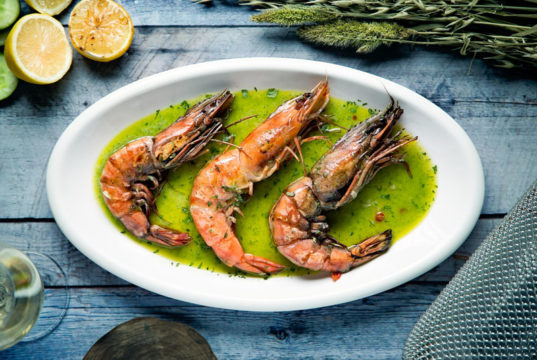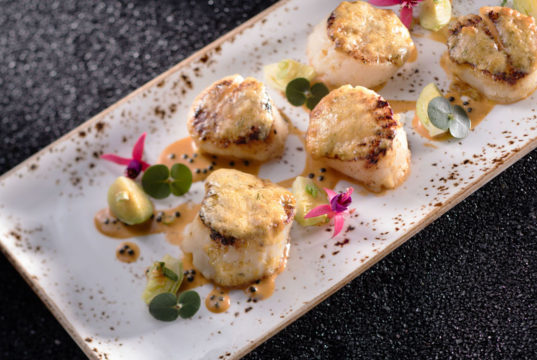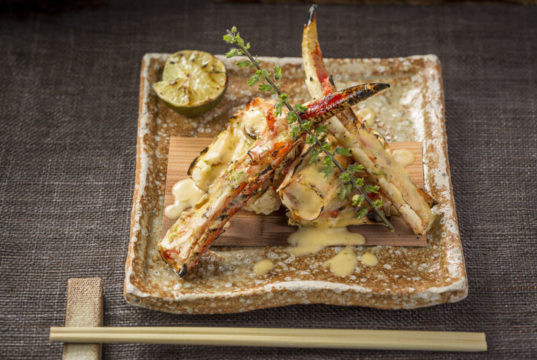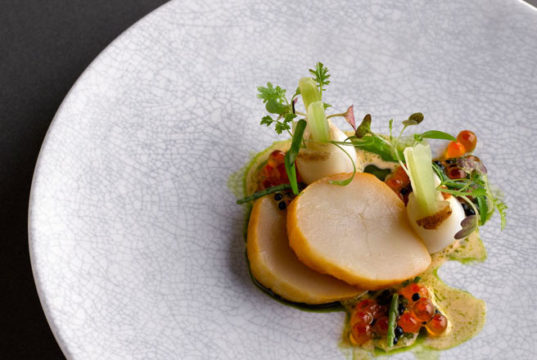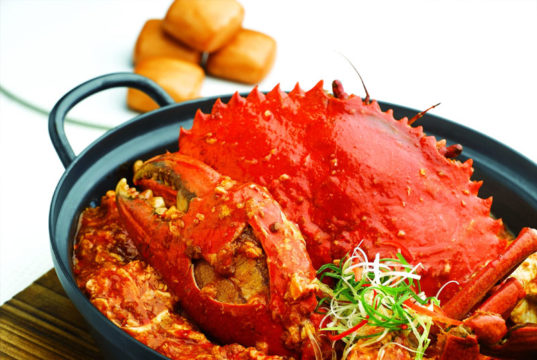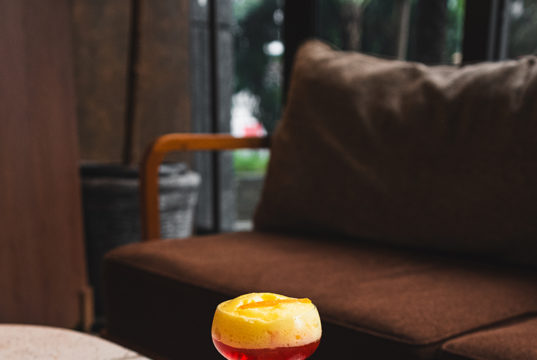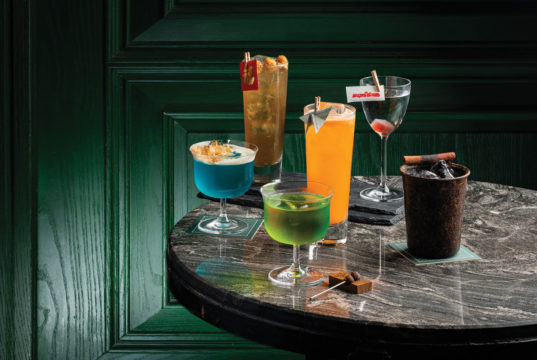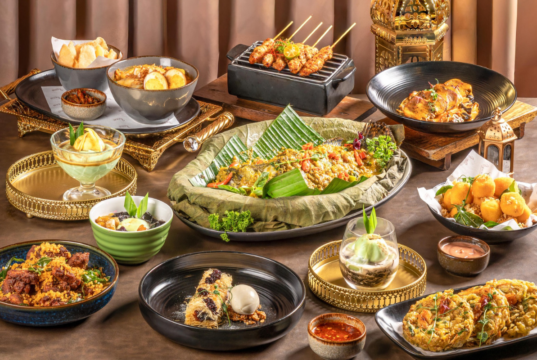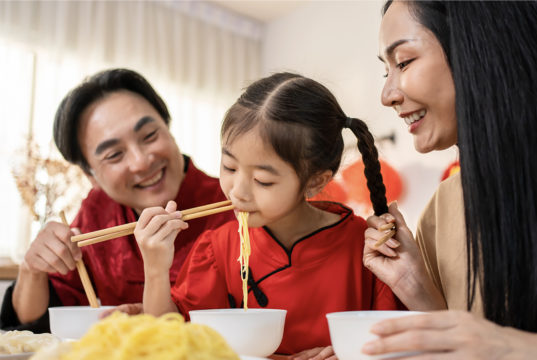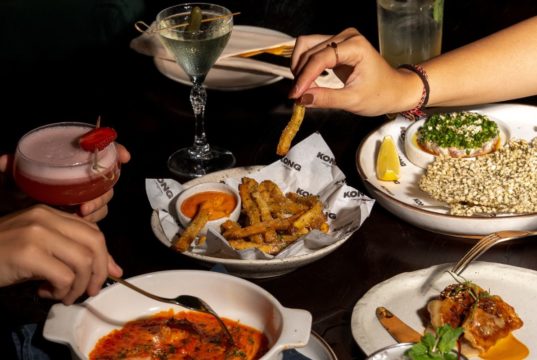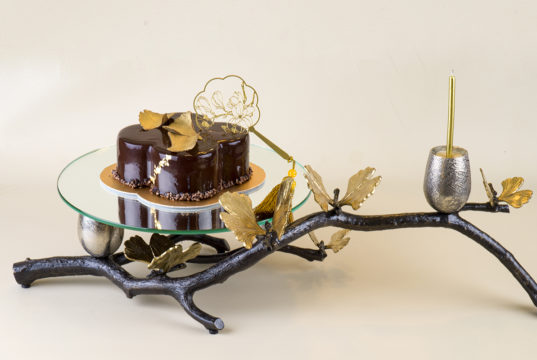Jun Njan
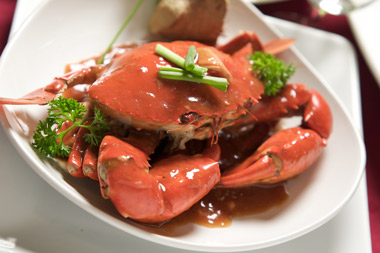 First established in 1956, Jun Njan Seafood Restaurant is one of the longest-standing Chinese restaurants in Jakarta. Over the years, Jun Njan has managed to preserve its original flavours by keeping the management strictly within the family. Today, all of its well-known signature sauces are made directly in the group’s main kitchen and flagship restaurant at Batu Ceper, Central Jakarta.
First established in 1956, Jun Njan Seafood Restaurant is one of the longest-standing Chinese restaurants in Jakarta. Over the years, Jun Njan has managed to preserve its original flavours by keeping the management strictly within the family. Today, all of its well-known signature sauces are made directly in the group’s main kitchen and flagship restaurant at Batu Ceper, Central Jakarta.
The signature taste of Jun Njan is Cantonese with a slight modern twist. One of the things that sets the restaurant apart is the unique sweet and sour sauce used in many of its signature dishes, such as the Steamed Prawn and the seasonal Jun Njan-Style Poached Crab.
Don’t miss Jun Njan’s classic Mini Mantou Buns with Milk for an appetizing taste of sweetness, followed by the popular Asparagus Soup with Crab Roe.
Some must-try main courses at Jun Njan include the signature Steamed Prawn, one of the many Seasonal Crab dishes, Fried Squid with Jun Njan Sauce, Fried Lobster with Jun Njan Sauce, and one of the restaurant’s signature Jun Njan Seafood Fried Rice, Noodle or Vermicelli. These courses capture the essence of Cantonese culinary tradition and add to the restaurant’s own modernized take on fine-dining, the result of which is culinary delights that customers cannot find elsewhere.
The Beginning of the Chinese Food Evolution
Commerce and the agricultural revolution brought by the Song Dynasty (960-1279 AD) allowed traditional Chinese cuisines to grow and develop more diversity as they fused with local flavours. It was also around this time that eating was to attain pleasure and not just to fulfil a need.
Over the centuries, the Chinese fine-dining scene has evolved rapidly, integrating elements of French, Japanese and other classic styles, transcending restrictions and allowing for creativity to invent a multitude of new tastes.
Such is the case with Jun Njan, which has been working with Chinese seafood cuisine for almost 60 years. While the restaurant’s interior displays unmistakable Oriental qualities, the food and drinks at Jun Njan have evolved into something else, which in this particular case is a fusion of the Chinese tradition, some Indonesian spicy flavours and a touch of Asian flair. For instance, the sauce – which is a strong example of one such originality – contains a certain basic sweet and sour tastes that can’t be found anywhere else.







